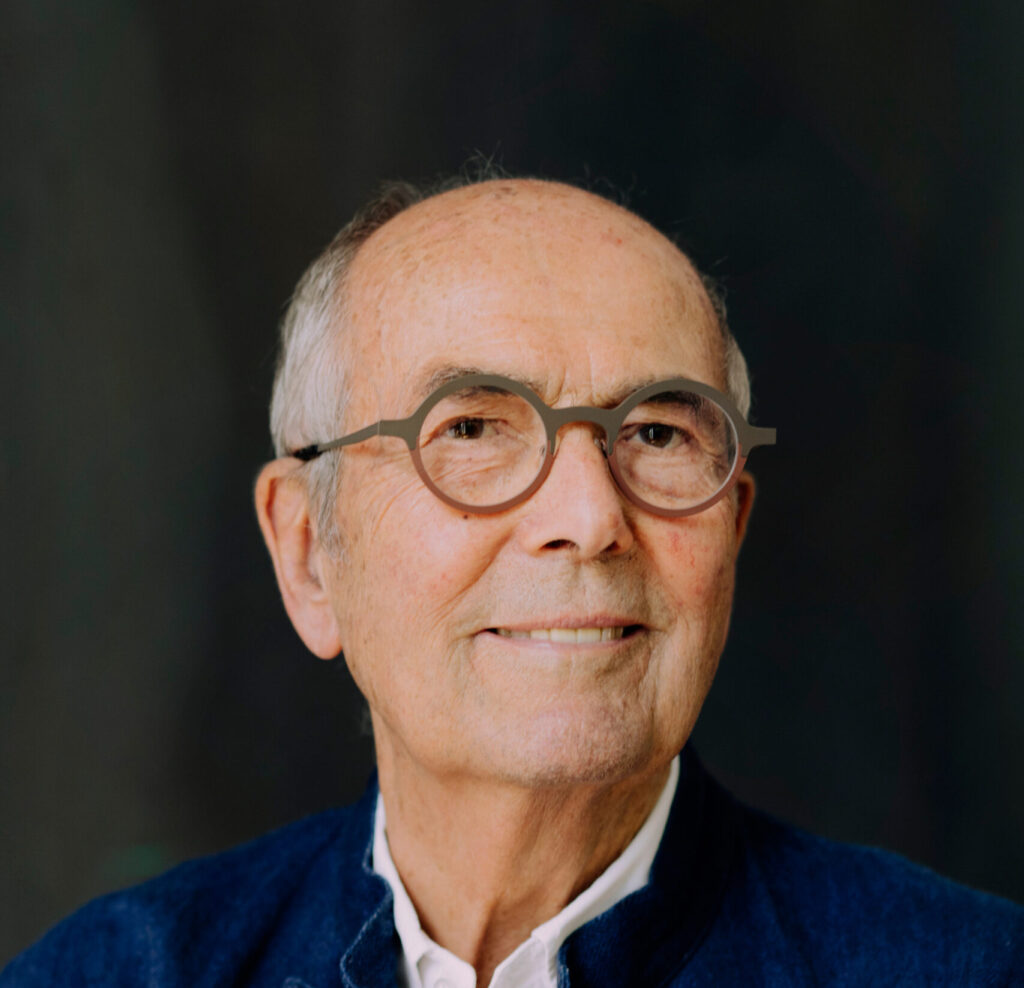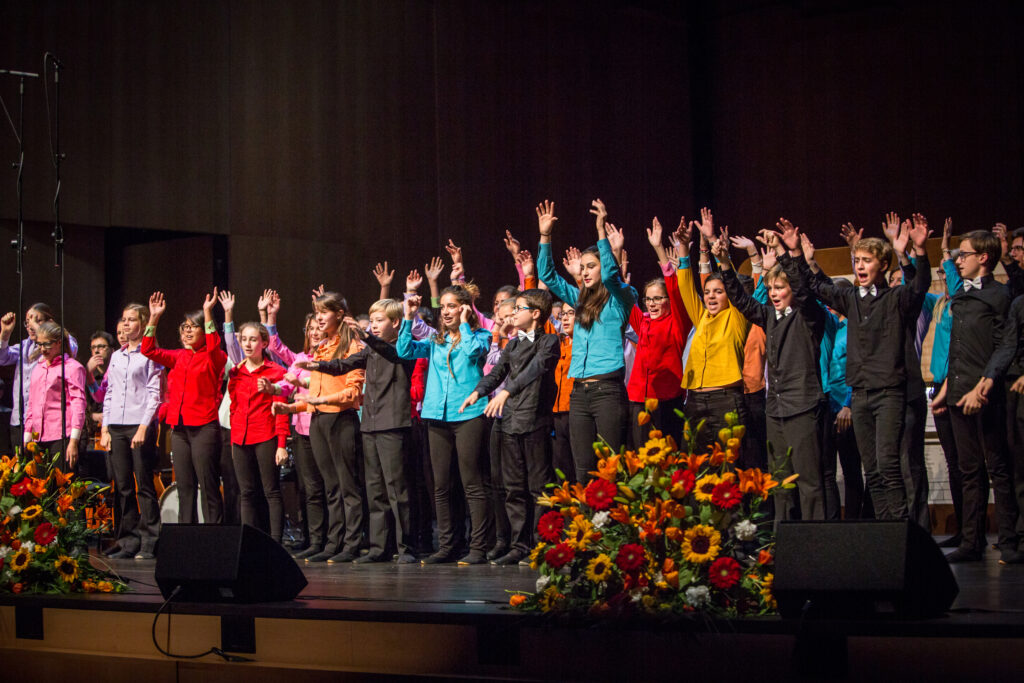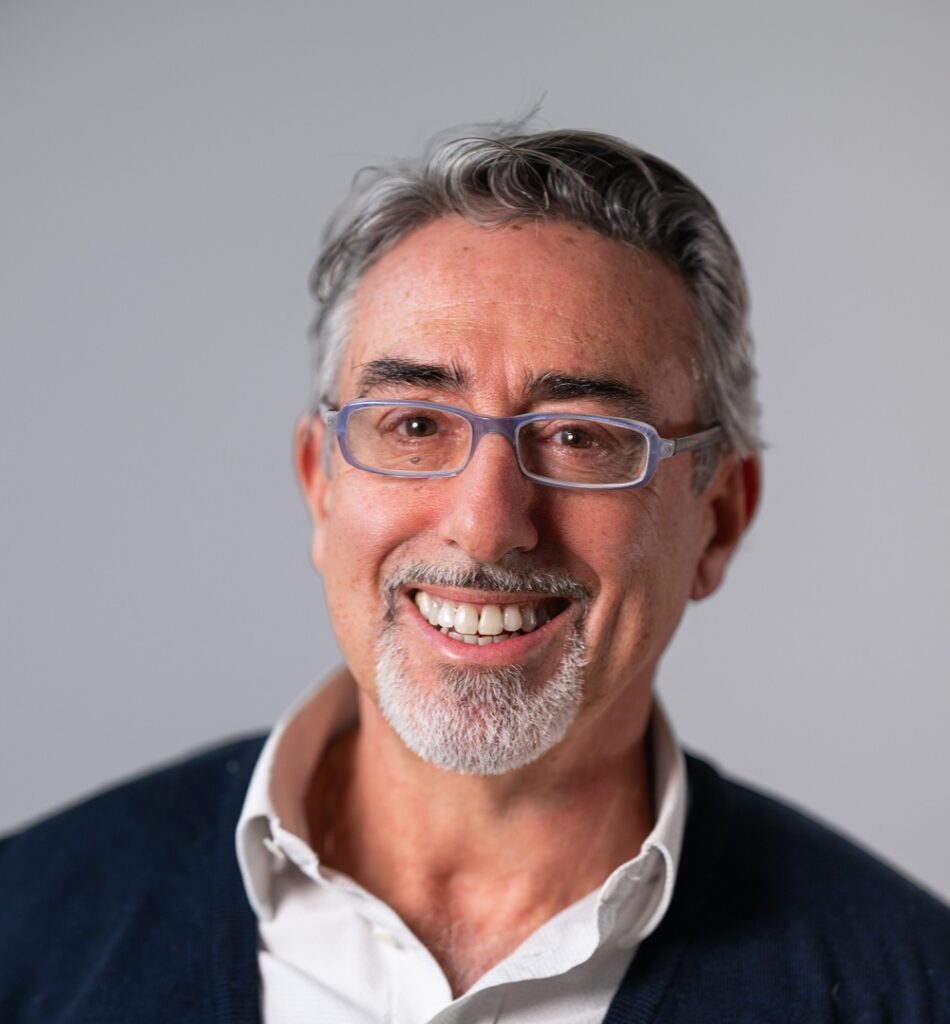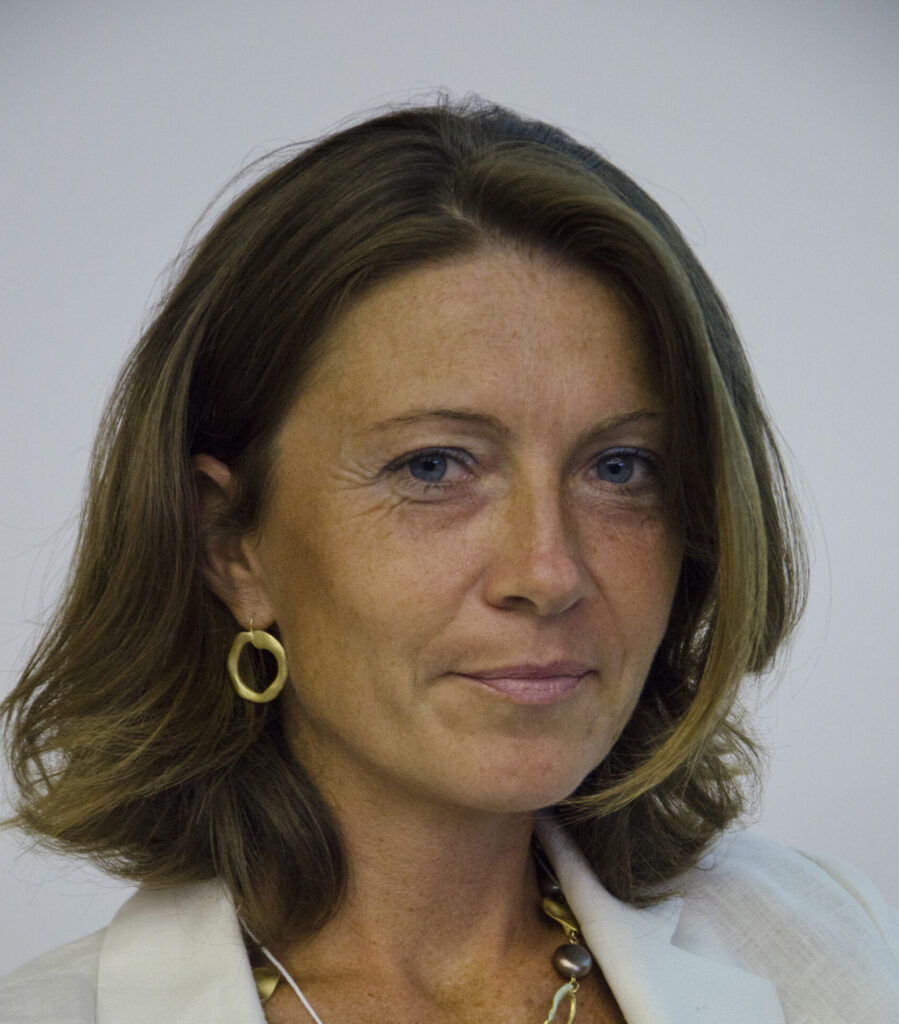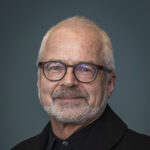Philippe de Preux, after a long and successful career in management, you have decided to become a founder. Why?
«I worked more than 33 years in industry for Nestlé, ABB Group, Bobst Group and, at 59, I aspired to continue my intense involvement with Asia but this time on the humanitarian side contributing to the education of tribal youngsters and to the socio-economic development and empowerment of their mothers in India. So in 2008 I started the Ciao Kids Foundation to support a first development project in South India. As these projects developed well, we continued in Jharkhand, North of India, then more recently in Nepal. In all 3 areas, our aim is the same: to give disadvantaged children and mothers an opportunity in life to make a decent living and grow».
Where did you grow up, what was your training and further education background?
«I was born and grew up in Lausanne. I did my high school in Einsiedeln, then a year of student-exchange in California. I then studied for a Master of Law in Lausanne before working for Nestlé in France and Italy. I then earned an MBA at IMD in Lausanne before working a year and a half at ABB headquarters in Baden (Konzernleitung Kontrolle). I was then hired by Bobst to work in the US, based in New Jersey. I was intensively engaged in the reorganization of our American industrial center and subsidiary».
Which people particularly inspired you in your youth?
«During my youth in Lausanne, my father, who was a doctor, inspired me greatly with his energy, his world understanding and vision. He encouraged me and my two brothers to get to know the world and become responsible citizens».
When and why did you set up the Ciao Kids Foundation?
«I started the CK Foundation in 2008, after many business trips to several countries of Asia since 1987. In 1995, I made a first inspirational trip to India where I recommended our group to start a commercial subsidiary, than a-state-of-the-art factory involving a lot of technology transfer and training. It was a thrilling experience which made me realize that India was a very promising country but that some important parts of its population were under privileged and lacking opportunities for education and training. This was an inspiration to start CIAO KIDS and to give an opportunity for education and economic and social development to tribal youngsters and mothers. The tribal community has a population of about 100 million in India. Another inspiration came from our son Nicolas who worked as a volunteer in Haiti at 19. Before passing away at age 22, he recommended that I take part in the development of education for disfavored youngsters in emerging countries!».
What is the purpose of the Ciao Kids Foundation?
«Our mission and main objective is to improve the living conditions of women and children from marginalized and severely disadvantaged tribal and Dalit families».
Why did you choose India and Nepal as your regions and what specific contribution did you want to make there?
«Between 1995 and 2008, I did about 30 business trips to India as I was responsible for the new industrial development project. I gained a great appreciation for its people, its history, culture and diversity but I also realized how difficult it was if you were born in the tribal or Dalit community. I discovered that those few who received an education could strive and develop as very active and responsible members of society with a high level of motivation. This encouraged us to start our education and training programs for the Adivasis population. The problematic of the tribal community in Nepal is similar».
What projects is the foundation currently working on?
«One of our key projects in Northern India focuses on the training and holistic development of sight-impaired tribal children. We visit their remote villages and plead with their parents and local authorities to give these handicapped girls and boys a chance for education and development. We train them progressively in Braille reading, writing and calculus, stimulating them also with music, singing, sports. In addition, we provide specialized IT training programs particularly adapted. Many sight-handicapped children are then able to study in normal classes with a majority of non-handicapped children. Amazingly a great portion of the handicapped youngstersbecomes outstanding, scholarship students, who can continue their education in specialized colleges. The purpose of this training is to develop and enhance their self-supporting ability».
What have you personally learnt from your experiences?
«I have learned that tribal children or mothers have highly respectable ethical core values and that we can build on them. It is important to take time with the tribal villagers to get to know them and their values. New programs and technology are most helpful but should not replace these core values.
Once given an opportunity to learn and grow, most youngsters and mothers develop a great energy and motivation to progress in their environment assuming amazing new responsibilities in society, contributing also to the development of others».
What advice would you give to other philanthropists who would like to follow a similar path to yours?
«I would advise to take a holistic approach to humanitarian development. It is crucial to get to know the population we want to help and to understand what is important for them, taking into consideration all aspects in the personality development of the beneficiaries.
I think it would also be important to take a long term view to humanitarian development and to work with the best local advisors who can interface with the local authorities to understand their programs and mobilize their support. Our humanitarian programs should complement the existing government schemes and not replace them.
Starting a foundation is like learning a new job, which means that training and experience gathering is crucial. I appreciated a lot to be a Board Member of Terre des hommes for 10 years. It became for me a great learning and sharing experience».
Finally, a suggestion for those who want to work with children as philanthropists. What should they pay particular attention to?
«In the interaction with children, I believe that it is particularly important to take a holistic approach to further their personality development, including stimulation through music, singing, sports, etc. in order to enhance the creativity and confidence of these disadvantaged children and to optimize their chances to find a decent and remuneratingjob giving them a good opportunity to be self-sufficient in life».


